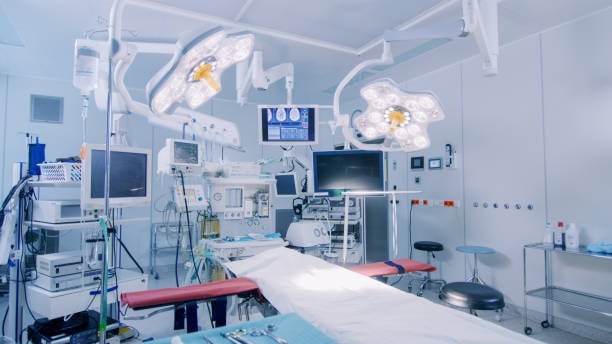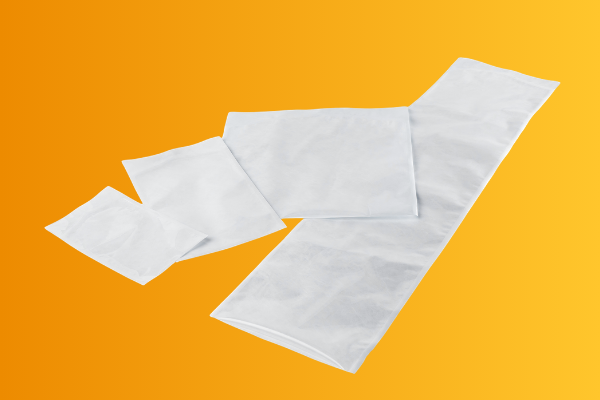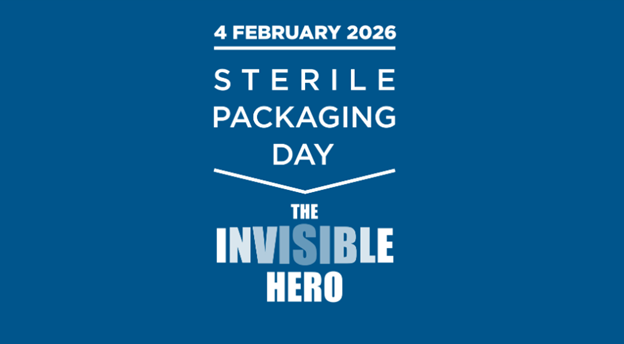When selecting materials for your medical packaging, do you ever wonder how different materials are sealed together? What is the difference between coated and uncoated substrates? In this article, we will answer all these questions to help you better understand why certain substrates use an adhesive coating and how that impacts both the manufacturer and the end user.
With a cohesive peel, the coating layer will leave traces on both materials’ surfaces. When opened, this creates a visual assurance and can serve as a quick method for determining the integrity of the sterile barrier.
Using adhesive coated materials can result in:
- A clean peel for medical staff to quickly and safely open the medical device packaging
- Visual assurance to know if the sterile barrier has remained intact, making it easy to ensure the safety of medical staff and patients
- Avoiding fiber tears or material delamination, which can introduce unwanted particulate into the sterile environment when opening the packaging
- A sealing window and seal parameters that help equipment and production personnel avoid over or under sealing, resulting in a consistent seal strength
Reference of relevant regulations
MDR (GSPR) 11.4:“It shall be ensured that the integrity of the packaging is clearly evident to the final user” 。


.png)

